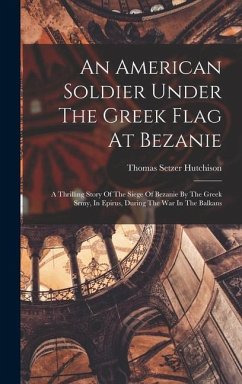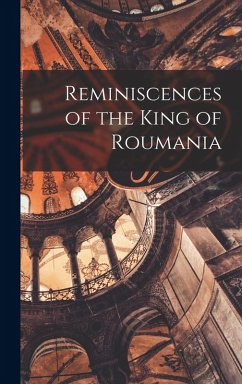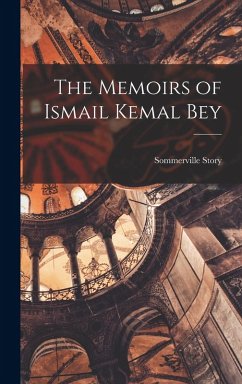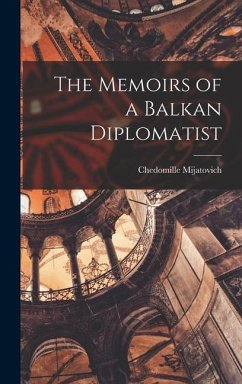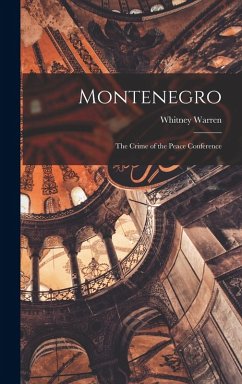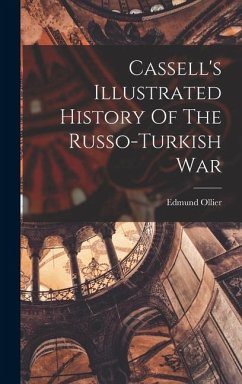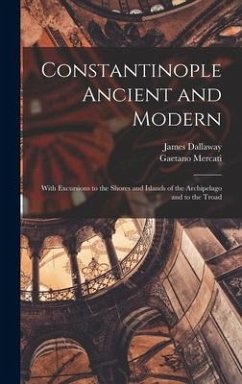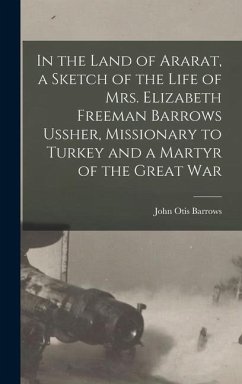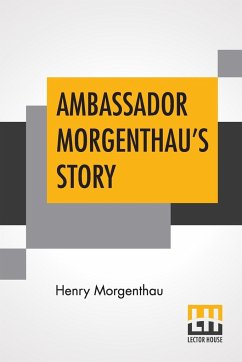Sergeant Major Bedros Haroian was born in 1894 in Tadem, a remote village in the interior of the Ottoman Empire, which was the Caliphate and operating under Shari'a Law. The youth of Bedros Haroian prepared him for the life of a warrior. Within one year of Haroian's birth, the Sultan Abdul Hamid will order the Great Massacres of his Christian Armenian subjects that devastate Haroian's family, village, and community. He grows up an orphan in the cold and half-destroyed house of an older brother who takes him in. Haroian becomes impassioned to realize justice and reprisal for his Armenian community. He marries Anna Sahagian, and they have a daughter, Lalezar (Lily). When conscripted in WW I, he eagerly joins to gain the military skills that Armenians had long been denied under the Caliphate. Haroian fights on the front lines, including the brutal Battle of Sarikamish. The humiliating defeat for the Ottoman Army leads to the scapegoating of minority populations once again. Haroian finds himself regulated to a labor battalion along with other Armenian conscripts. He soon discovers his duties include burying--at gunpoint--the piles of corpses from the Armenian Genocide. Haroian realizes the Armenian soldiers will be slaughtered next. He escapes to the Underground Railroad of the Dersim Kurds, where he finds safety. He becomes trusted and joins the Kurds in their 1916 Dersim Rebellion. Soon, Armenian commanders in the Imperial Russian Army are seeking fighters for their battalions, and Haroian enlists. Against staggering odds, the Armenians succeed in founding the First Republic of Armenian on 28 May 1918. Haroian dedicates himself to defending the new republic. He travels to Baku, where he is arrested and tortured. He manages to save his life, and he returns to Tbilisi and serves in the British Army in Batum (a Black Sea port). At the end, he joins the Armenian Legionnaires in the French Foreign Legion to protect the remnant Armenian community in southern Turkey. However, the French strike a lucrative bargain with the new Turkish National Movement under Kemal Ataturk and forcibly deport the Armenian Legionnaires. Finally, the memoirs reveal Haroian developed a condition that had neither a name nor a treatment at the time: Post-Traumatic Stress Disorder. He escapes from Constantinople, but he cannot escape from the deep trauma of the past. His life compels him to write these memoirs, to search for meaning, for as Viktor Frankl, survivor of WW II concentration camps reveals, that is the only search allowing survivors of atrocities to believe in a different future. Haroian immigrates to the United States. He has lost his first wife and child. He remarries and has four more children. Haroian dies in 1967, 24 years before Armenia regained its independence with the collapse of the Soviet Union, on 21 September 1991. Though Haroian did not live to see the rebirth of his nation, he lived always believing in it.Gillisann Harootunian, PhD, is Executive Director of University Initiatives at California State University, Fresno. She has helped to secure over $20 million to realize priority initiatives at the university. Harootunian served as a Fulbright Sr. Lecturer and Researcher to Brusov Linguistic University in Armenia, and later as the U.S. Project Director of a U.S. Bureau of Educational and Cultural Affairs "Freedom Support" educational exchange program with Brusov Linguistic University. She earned her B.S. in Communications from Boston University; her M.A. in Creative Writing from The City College of New York; and her PhD in English Literature from The Graduate Center of the City University of New York. Harootunian has authored multiple publications. She is a direct descendant of Armenian Genocide survivors.






